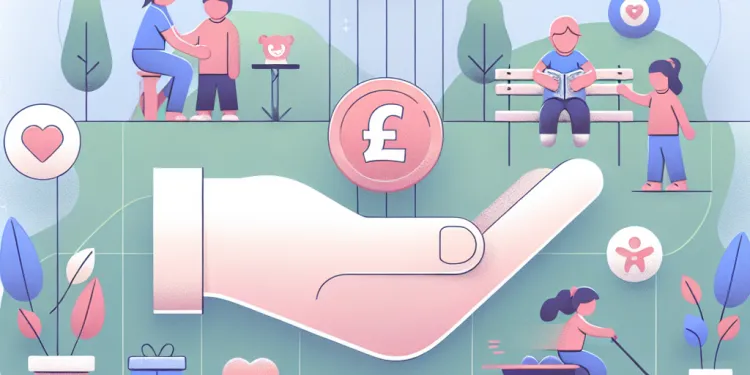
Find Help
More Items From Ergsy search
-
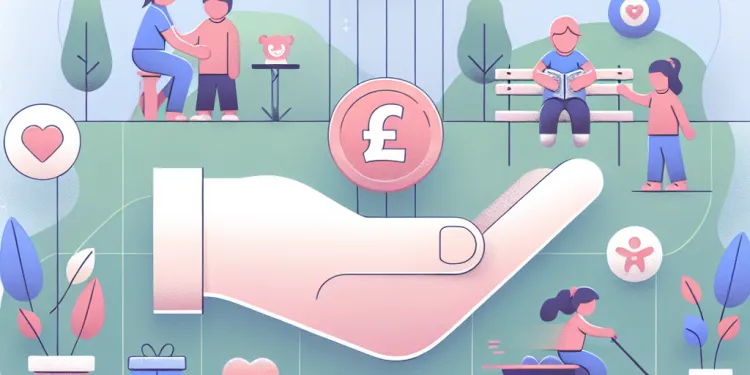
How can early intervention help children with autism?
Relevance: 100%
-
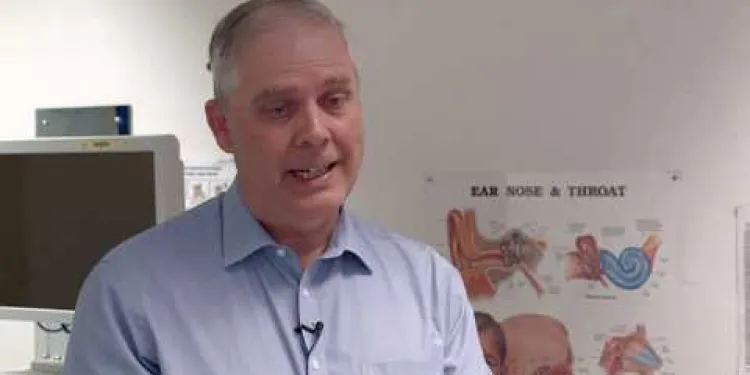
Evidence-Based Interventions: grommets for glue ear in children
Relevance: 64%
-
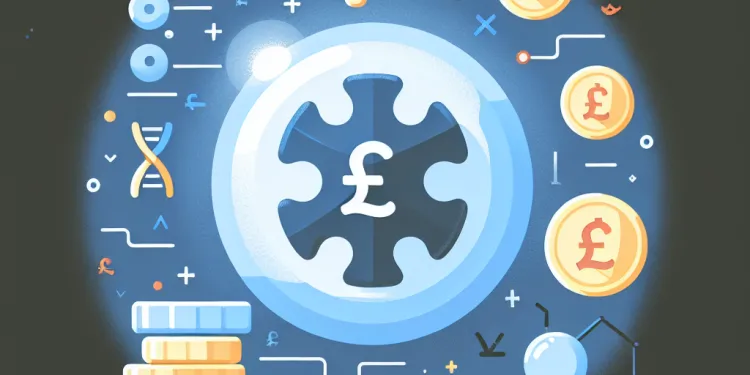
What is Autism?
Relevance: 56%
-

How prevalent is autism?
Relevance: 55%
-
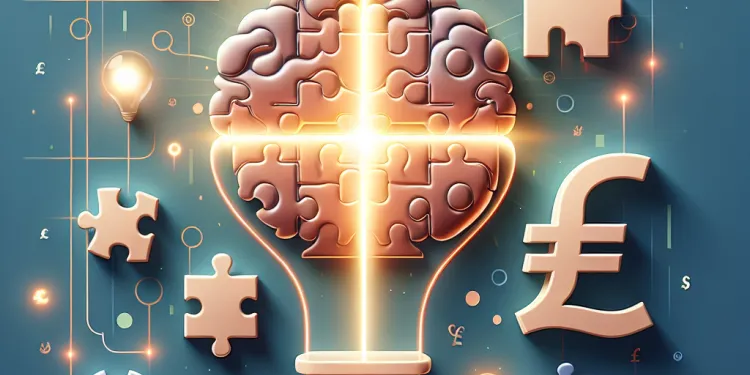
Can autism be cured?
Relevance: 55%
-

Is there an autism test?
Relevance: 54%
-
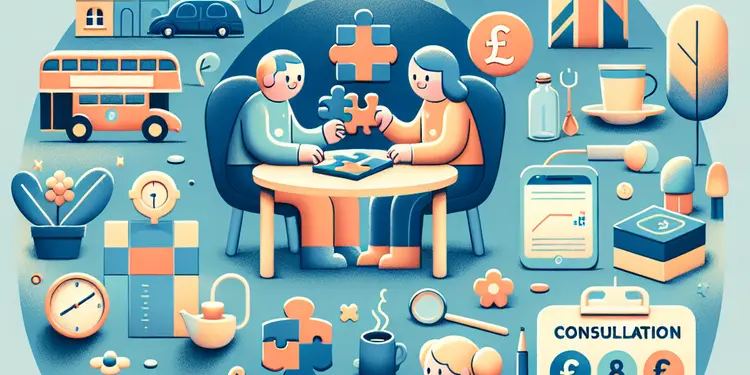
What advice is available for parents concerned about autism risks?
Relevance: 53%
-
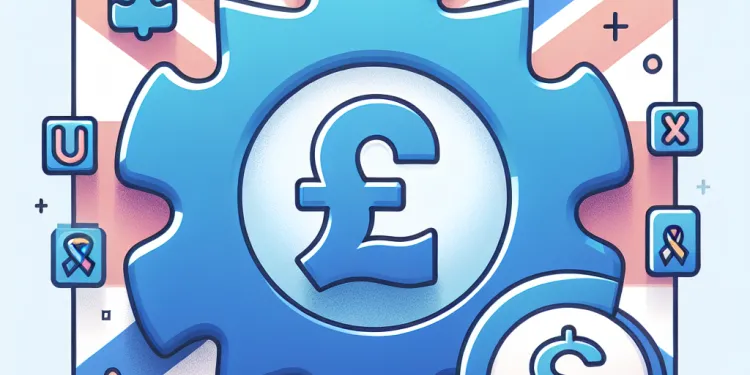
What are the signs of autism?
Relevance: 51%
-

What is the autism spectrum?
Relevance: 50%
-
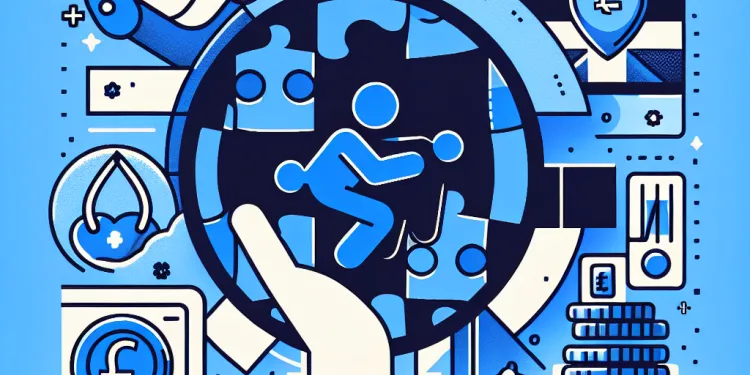
How is autism diagnosed?
Relevance: 48%
-

Autism: Graeme's story | NHS
Relevance: 48%
-
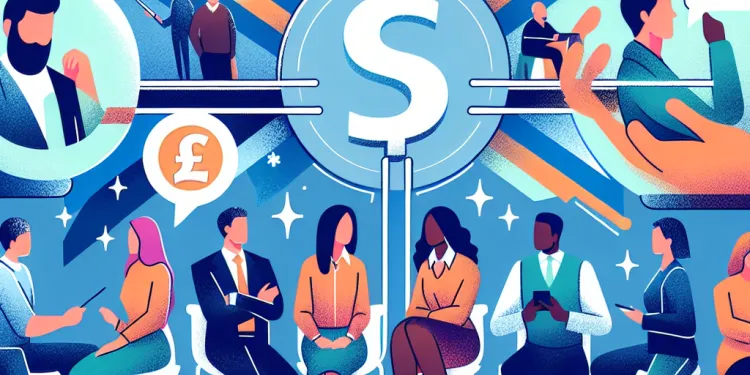
How does autism affect communication?
Relevance: 47%
-
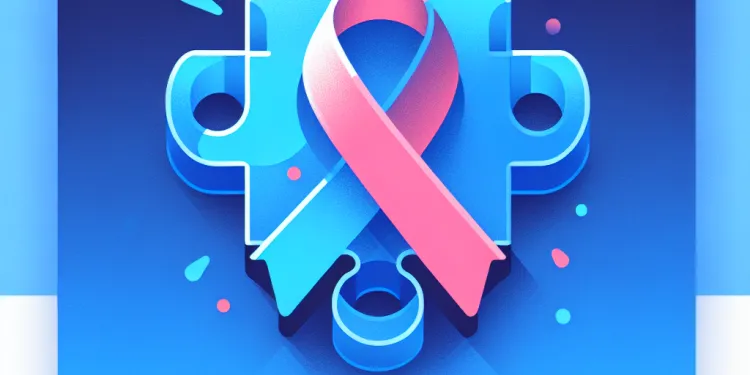
What are some common therapies for autism?
Relevance: 47%
-
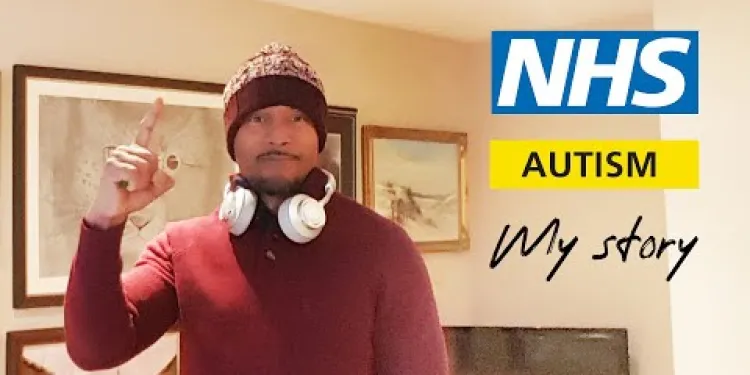
Autism - My Story - Adrian | NHS
Relevance: 45%
-
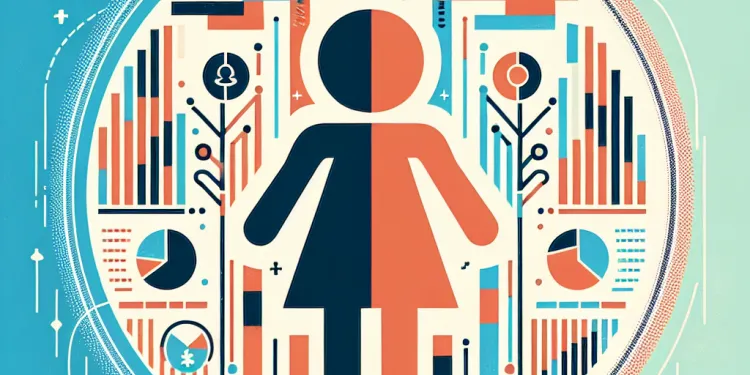
Is autism more common in boys or girls?
Relevance: 45%
-
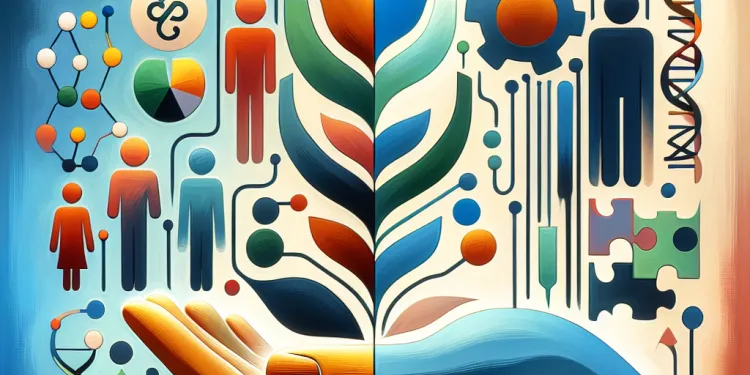
Is there a genetic component to autism?
Relevance: 45%
-
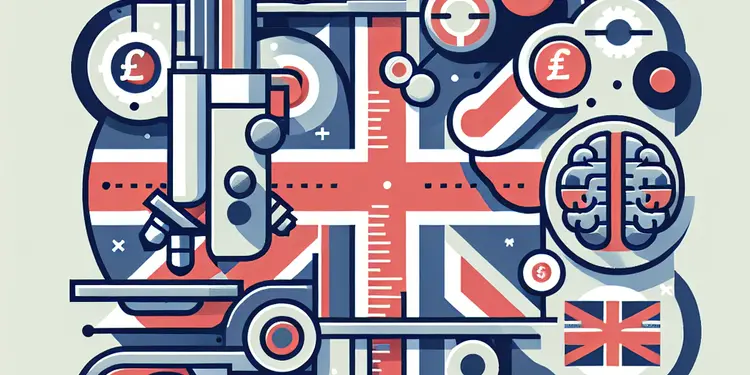
What can cause autism, if not paracetamol?
Relevance: 44%
-
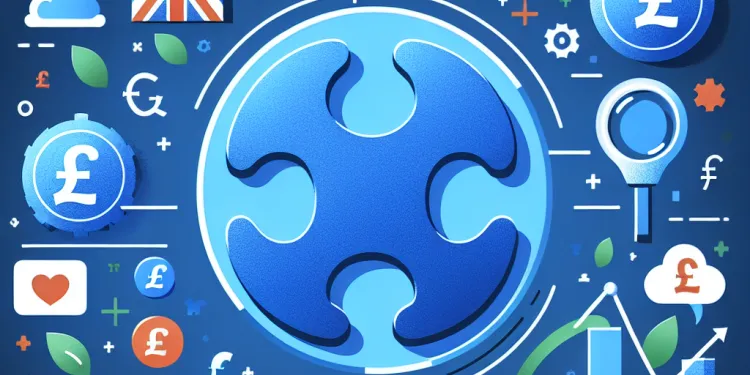
What causes autism?
Relevance: 43%
-
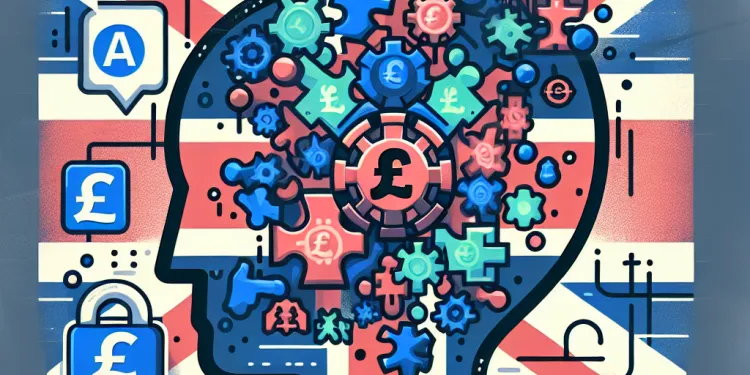
Can adults have autism?
Relevance: 43%
-
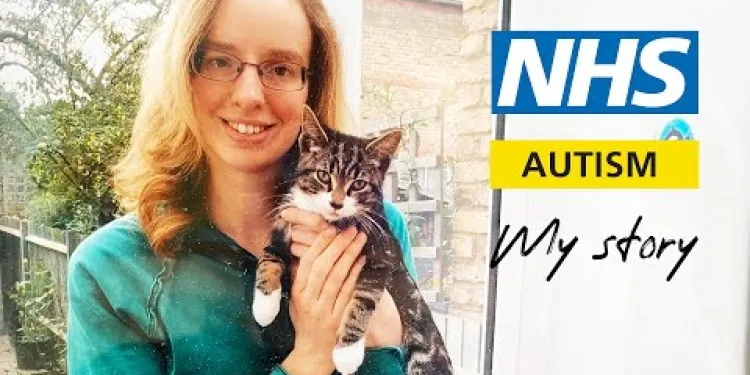
Autism - My Story - Rosalind | NHS
Relevance: 43%
-

The NHS Long Term Plan for learning disability and autism
Relevance: 42%
-
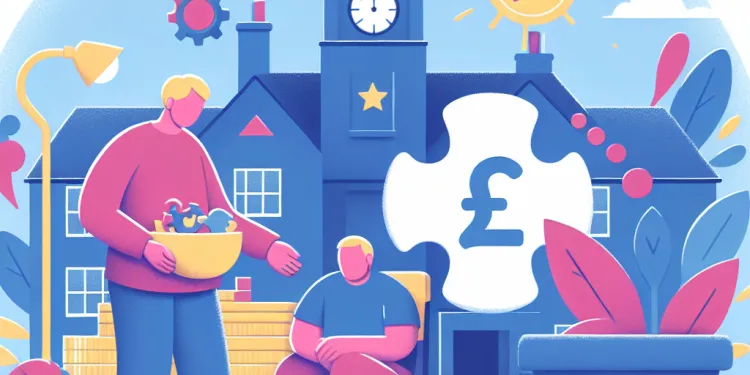
Can people with autism lead independent lives?
Relevance: 42%
-

How can families support a member with autism?
Relevance: 42%
-
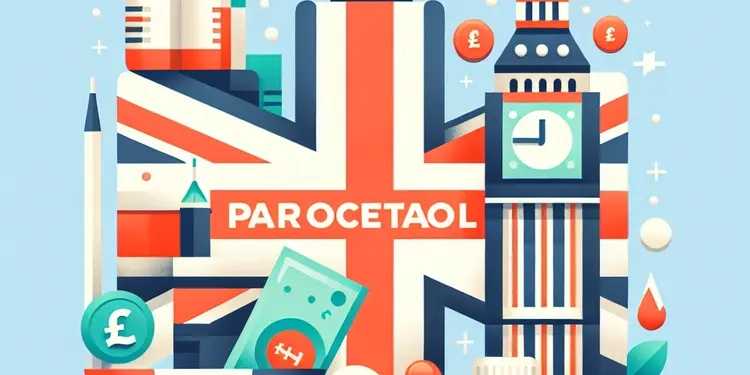
Is paracetamol linked to autism?
Relevance: 40%
-
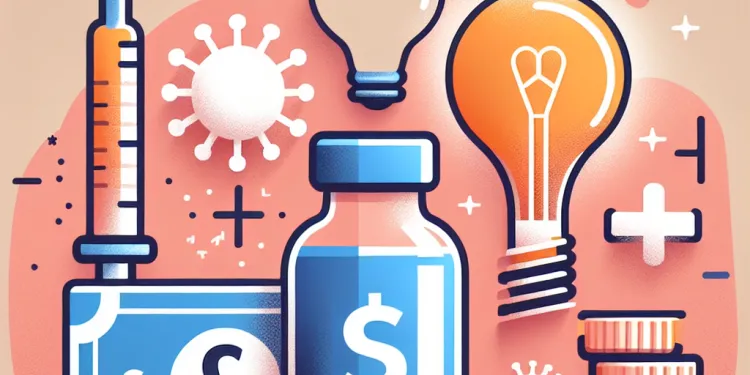
Are vaccines linked to autism?
Relevance: 40%
-

Autism Assessment - What Happens in Your Appointment
Relevance: 40%
-
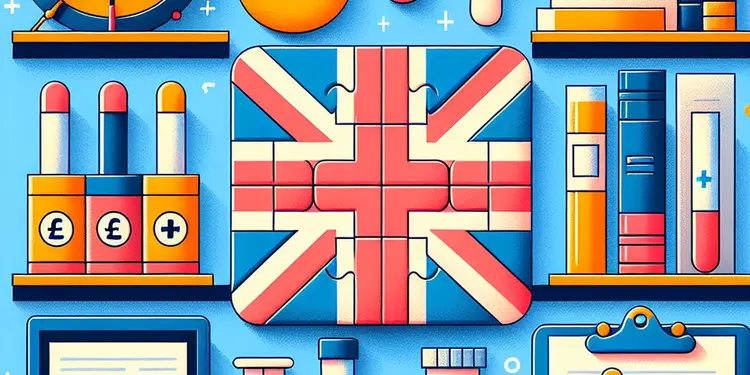
What kind of studies are conducted to investigate links between medications and autism?
Relevance: 39%
-
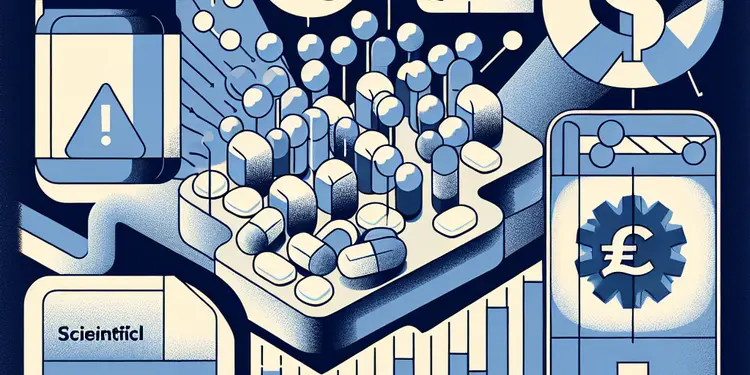
Is there any scientific evidence that links paracetamol use to autism?
Relevance: 38%
-
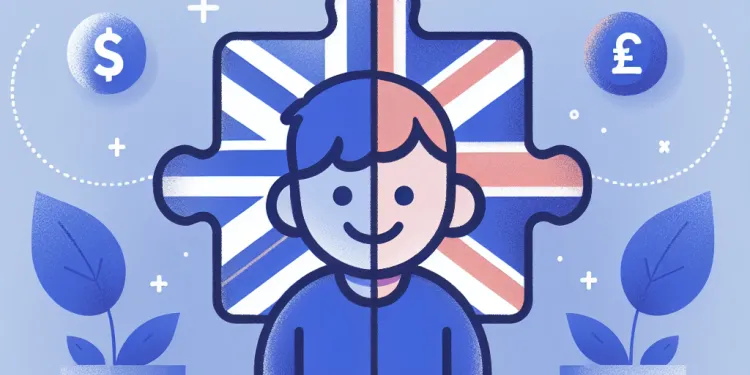
What is the difference between autism and Asperger's syndrome?
Relevance: 37%
-

Is there any risk of using paracetamol outside of pregnancy with regard to autism?
Relevance: 37%
-
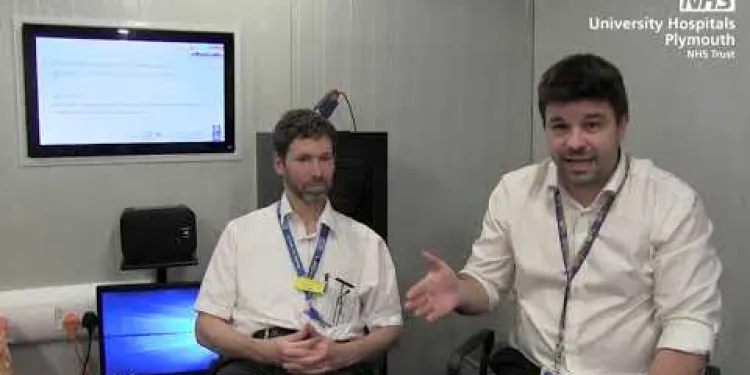
Glue Ear Pathway
Relevance: 36%
-
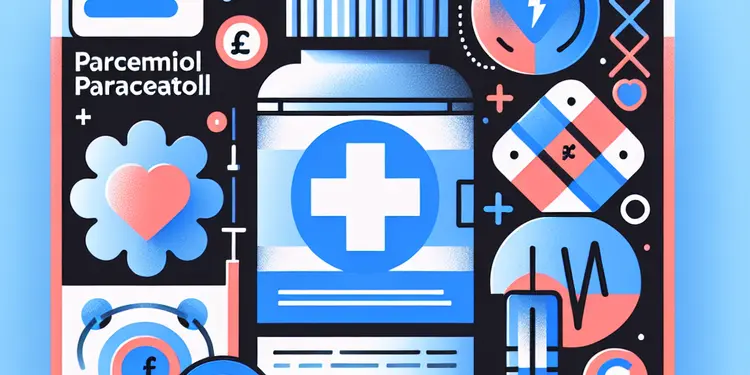
Why is there concern about paracetamol and autism?
Relevance: 36%
-
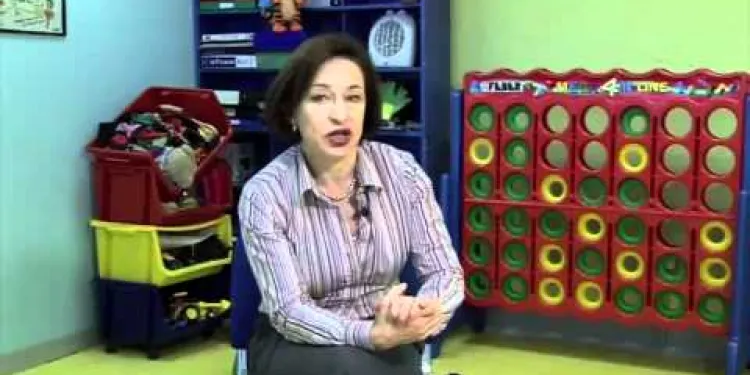
Children With Co-ordination Difficulties and Dyspraxia
Relevance: 35%
-

Who are SEND children?
Relevance: 35%
-

What role do sensory issues play in autism?
Relevance: 35%
-
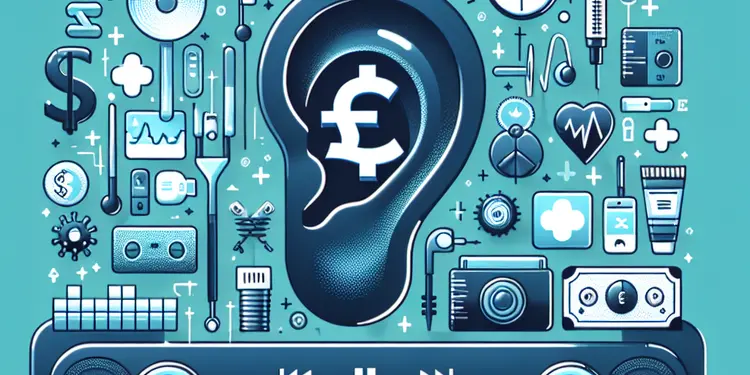
Can ear infections lead to tinnitus?
Relevance: 31%
-
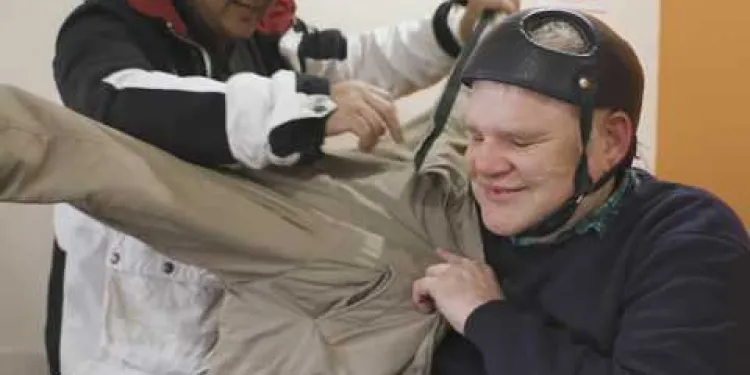
Transforming Care for people with Learning Disabilities and/ or Autism: Peter's Story
Relevance: 31%
-
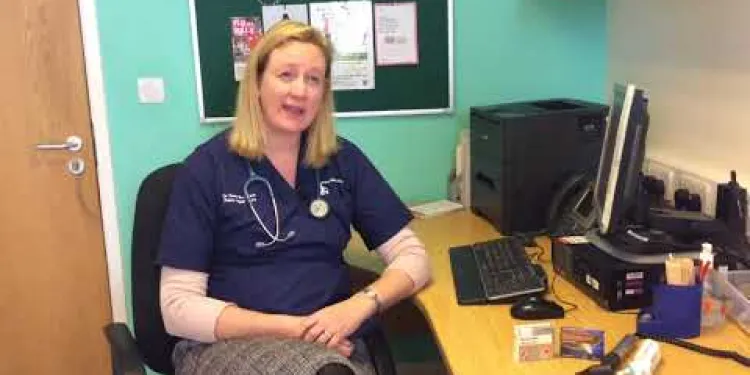
Self care: Treating ear infections
Relevance: 31%
-

What are SEND children?
Relevance: 30%
-
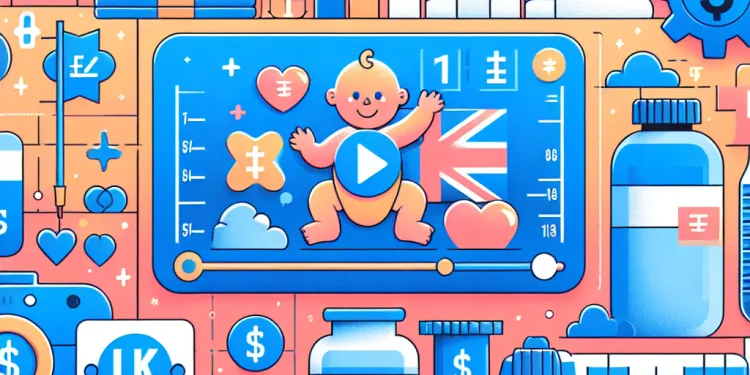
Children's Vaccination Schedule
Relevance: 30%
Understanding Autism Spectrum Disorder (ASD)
Autism Spectrum Disorder (ASD) is a developmental condition that affects communication, behaviour, and social interaction. In the UK, it is estimated that around 1 in 100 people are on the autism spectrum. Early intervention can play a crucial role in supporting children diagnosed with autism, providing them with the tools and skills needed to navigate their world more effectively.
The Importance of Early Intervention
Early intervention refers to the therapies and strategies initiated soon after a child is diagnosed with autism. Given that the brain is most adaptable in early childhood, these interventions can be most effective when started young. In the UK, the NHS and various private organisations provide resources to identify and address autism symptoms as early as possible.
Benefits of Early Intervention
There are numerous benefits of early intervention for children with autism. First, early intervention can significantly improve a child's ability to communicate. Many children on the autism spectrum struggle with speech and language, and early therapy can assist in developing these skills. Secondly, behavioural therapies can help manage behavioural challenges, reducing anxiety and improving overall well-being.
Moreover, early intervention can boost social skills, helping children to better understand and engage with the world around them. Improving social interaction through structured activities and play can enhance a child's ability to make friends and interact socially. Lastly, early intervention aids in cultivating independence, teaching valuable life skills such as dressing, eating, and following routines.
Types of Early Intervention
There are various types of early interventions used in the UK, tailored to the specific needs of each child. Applied Behaviour Analysis (ABA) is a popular approach focusing on improving specific behaviours such as social skills and learning through a reward-based system. Speech and language therapy is another essential service that helps improve communication skills. Occupational therapy can support in developing daily living skills and improving sensory processing. Additionally, parent-led interventions empower parents to support and continue their child’s development at home.
Challenges and Considerations
While early intervention is highly beneficial, there are challenges to consider. Access to timely and appropriate services can vary widely across the UK, depending on geographic and financial factors. The cost of private therapies can also be a burden on families. Nevertheless, recognising these challenges, local authorities, charities, and support groups continue to strive to make these vital services more accessible and affordable.
Conclusion
In conclusion, early intervention is essential for children with autism, offering hope and improved outcomes. By recognising signs early and seeking appropriate interventions, families in the UK can give their children the best possible start. Through combined efforts of governments, organisations, and communities, the future looks brighter for children on the autism spectrum, allowing them to reach their full potential.
Understanding Autism Spectrum Disorder (ASD)
Autism Spectrum Disorder (ASD) is a condition that affects how people talk, act, and make friends. In the UK, about 1 in 100 people have autism. If we help children early, it can really make a difference. Early help gives children the tools they need to live better.
The Importance of Early Help
Early help means starting therapy and strategies soon after a child is told they have autism. Children's brains are growing fast when they are young, so starting early is best. In the UK, the NHS and other groups help find and treat autism signs as soon as possible.
Why Early Help is Good
Getting help early can be very good for children with autism. First, it helps them talk better. Many children with autism find talking hard, and early therapy can help them learn these skills. Second, therapy can help with behavior, making children feel less worried and happier.
Also, early help can improve social skills, so children can make friends and play better with others. This helps them understand people and join in. Finally, early help teaches life skills such as getting dressed, eating, and following schedules.
Types of Early Help
In the UK, there are different types of early help for each child. One popular kind is Applied Behaviour Analysis (ABA), which helps with social skills and learning through rewards. Speech therapy helps children talk better. Occupational therapy helps with daily tasks and dealing with feelings. Parents can also learn ways to help their children at home.
Challenges to Early Help
While early help is great, there are some problems. Getting therapy quickly can be hard in different areas of the UK. Therapy can also be expensive for families. But, local groups and charities are working hard to make these services easier to get and cheaper.
Conclusion
In summary, early help is very important for children with autism. It gives families hope and better results. By spotting autism early and getting the right help, families in the UK can give their children the best chance. With everyone working together, the future is brighter for children with autism, helping them do their best.
Frequently Asked Questions
What is early intervention?
Early intervention refers to therapies and services provided to young children with developmental delays or disabilities to enhance their development.
How does early intervention help children with autism?
Early intervention can help children with autism by addressing communication, social, and behavioral challenges early on, which can improve their long-term outcomes.
At what age should early intervention start for children with autism?
Early intervention can begin as soon as autism is suspected, often as early as 18 months to 2 years old.
What types of therapies are included in early intervention for autism?
Therapies may include speech therapy, occupational therapy, behavioral therapy, and social skills training.
Can early intervention prevent autism?
Early intervention cannot prevent autism, but it can significantly improve a child's abilities and reduce symptoms.
What are the benefits of starting early intervention for autism?
Benefits include improved communication skills, better social interactions, and increased independence.
Is early intervention effective for all children with autism?
While outcomes vary, early intervention is generally beneficial for most children with autism.
How can parents identify the need for early intervention?
Parents should look for signs of developmental delays and consult healthcare professionals for evaluation.
Are there risks associated with early intervention?
There are generally no risks to early intervention; it is designed to support and benefit the child's development.
Can early intervention improve language skills in children with autism?
Yes, early intervention can greatly enhance language and communication skills in children with autism.
How is the effectiveness of early intervention measured?
Effectiveness is typically measured by improvements in developmental milestones, communication, social skills, and adaptive behaviors.
Is early intervention covered by insurance?
Many insurance plans cover some form of early intervention, but coverage varies, so it's important to check with your provider.
What role do parents play in early intervention?
Parents play a crucial role by participating in therapies, reinforcing skills learned, and providing a supportive environment.
How long does early intervention last?
Early intervention typically lasts until a child is around 3 to 5 years old, but it can be extended based on individual needs.
What should parents expect from an early intervention program?
Parents should expect a team approach involving assessments, therapy sessions, progress tracking, and ongoing communication.
Are public early intervention programs available?
Yes, many regions offer public early intervention services funded by government programs.
How does early intervention impact schooling for children with autism?
Children who receive early intervention are often better prepared for school, with improved readiness and ability to participate in a classroom environment.
Can early intervention reduce the need for special education services later?
Early intervention can sometimes reduce the intensity or duration of special education services needed later.
What should I do if I suspect my child needs early intervention?
Contact a healthcare provider or local early intervention program to begin with an assessment and potential services.
Is there research supporting the effectiveness of early intervention for autism?
Yes, extensive research supports the effectiveness of early intervention in improving outcomes for children with autism.
What is early intervention?
Early intervention means getting help early. It helps kids who might need extra support.
Here are some things that can help:
- Parents and teachers can talk to each other.
- Special teachers can help children learn.
- Doctors and health workers can check if kids need more help.
Getting help early makes a big difference!
Early intervention means getting help for young kids who are not developing like other kids. This help can include special activities and support to help kids learn and grow better.
How can early help support children with autism?
Getting help early can be good for children with autism. Here are some ways it can help:
- Early help gives children a better chance to learn new skills.
- It can make talking and playing with others easier for them.
- They may feel more comfortable in different places or situations.
- Parents and teachers can learn how to best support the child.
You can use pictures, music, or stories to help teach new things. These can make learning fun and easier. Always be patient and give lots of praise.
Helping children with autism early can make a big difference. It helps them learn to talk, make friends, and behave better. This can help them do well as they grow up.
When should help start for children with autism?
You can start helping as soon as you think a child might have autism. This can be when the child is about 18 months to 2 years old.
What types of help are there for young children with autism?
There are different kinds of help you can get, such as:
- Talking help (speech therapy) - It helps you to talk better.
- Everyday skills help (occupational therapy) - It helps you do things like wash and dress yourself.
- Behavior help (behavioral therapy) - It helps you understand how to behave or act.
- Making friends help (social skills training) - It helps you play and talk with others.
Can helping early stop autism?
Some people wonder if helping children early can stop autism. Autism is something that makes it hard to talk and understand others.
There is no way to stop autism, but helping early can make life better for children with autism.
Things like special games, classes, and talking to experts can help.
If you want to learn more, talk to a doctor or teacher. They know how to help.
Using pictures and simple words can also be very helpful for understanding.
Getting help early can't stop autism, but it can make a child's skills better and lessen the signs.
Why is it good to start helping kids with autism early?
Helping kids with autism as soon as possible is very good. Here are some things that can help:
- Better Communication: Kids can learn to talk and understand others better.
- Improved Skills: They can learn important skills for school and daily life.
- Stronger Relationships: Kids can get better at making friends and playing with others.
- More Support: Families can find tools and techniques to help their child.
If you start early, it can make a big difference in a child's life. You can talk to doctors, teachers, or use special apps that help kids learn.
Good things include talking better, making friends easier, and doing more things by yourself.
Does helping children with autism early work for everyone?
Helping children with autism early can be good. But it might not be the same for every child. Every child is different.
If you have questions, ask someone who knows a lot about autism. They can help you understand more. Talking and playing together can also help.
Using pictures, videos, or special toys can make learning easier. Every little bit helps!
Early help is often good for most children with autism, but how well it works can be different for each child.
How can parents know if their child needs extra help early on?
Parents can look for signs that their child might need some extra help. Here are some tips to make it easier:
- Watch if your child is having a hard time talking or playing with others.
- Look for changes in how your child acts or learns new things.
- Talk to your child’s teacher or doctor if you are worried.
- Use picture books or simple stories together with your child.
- Try using apps or videos that help with learning and play.
It is okay to ask for help. Getting help early can make a big difference for your child.
Mums and dads should watch to see if their child is growing and learning like other kids. If you are worried, talk to a doctor or nurse to get help.
Is there anything bad about starting help early?
Early help is safe and good for children. It helps them learn and grow better.
Can helping early make talking better for children with autism?
Yes, starting early can really help children with autism learn to talk and communicate better.
How do we check if early help works well?
We can see if something is working well by looking at a few things. These are how a person is growing and learning new things, how they talk and make friends, and how they do everyday tasks.
Does my insurance pay for early help?
Many health insurance plans can help pay for early support. But, what they pay for can be different. So, it is good to ask your insurance company what they will pay for.
How can parents help early on?
Parents are very important in helping their child when they are young. Here are some things parents can do:
- Play and talk with your child every day.
- Read simple books and look at pictures together.
- Listen to your child and watch what they need.
- Ask teachers or doctors for help if you are worried.
- Join support groups for ideas and advice.
Using pictures and songs can be fun and help learning too!
Parents are very important. They help by joining in therapy sessions, practicing skills at home, and creating a caring place for their child.
How long does early help last?
Sometimes children need extra help to learn and grow. This is called "early help."
How long this help lasts can be different for each child. It depends on what they need.
Talk to a teacher or helper if you have questions.
You can use pictures and videos to make things clearer.
Early help usually goes on until a child is about 3 to 5 years old. But sometimes, it can last longer if the child needs more help.
What can parents expect from an early help program?
This is what you can expect when your child gets early help:
- Support: There will be people who talk to you and your child.
- Learning: Your child will learn new things.
- Goals: You and the helpers will set goals for your child to achieve.
- Activities: Your child will do fun activities to help learn.
- Progress: You will see how your child is getting better over time.
- Questions: You can ask any questions you have.
Here are some tools and tips to help:
- Use pictures and drawings to help understand.
- Repeat things to make them easier to remember.
- Ask for help if you need it.
Parents can expect a team to help. This team will check how things are going, help with therapy, keep track of progress, and talk with you all the time.
Can you get help from public programs early?
Yes, lots of places have special help for young children. The government pays for these services.
How does getting help early change school for children with autism?
Getting help early can make school better for children with autism. It can help them learn and play with friends.
Here are some ways it helps:
- Children learn how to talk and share feelings.
- They find it easier to make friends.
- They get better at doing school work.
- They feel happier at school.
Helpful tools and tips:
- Use pictures to explain things.
- Break tasks into small steps.
- Work with teachers who understand autism.
- Join groups to learn from others.
Children who get help early are often more ready for school. They do better in school and can join in with the class more easily.
Can helping kids early stop them from needing extra help later?
Helping kids early can mean they might not need extra help in school later. Here are some ways to help:
- Play learning games with them.
- Read fun books together.
- Use little rewards to encourage them.
- Talk to teachers for more ideas.
If we help children early, they might not need as much help at school later.
What to do if you think your child needs help early
If you worry your child needs help, follow these steps:
- Talk to your child's doctor. They can help you.
- Speak with your child's teacher. They know your child well.
- Look for services that help children. They can give support.
- Keep notes about what you see and hear. This helps you remember.
Use pictures or videos to show what you notice. This can help explain your feelings.
Talk to a doctor or a nearby program that helps young children. They will help you find out what support is needed and what services can help.
Does early help work for autism?
Scientists study if early help works for children with autism. Early help means starting support when kids are young.
There are special ways to help children with autism. These include speech therapy and play therapy. They teach children important skills like talking and playing.
Many experts say it's good to start help early. It can make a big difference in learning and growing.
Tools like picture cards and simple charts can help kids understand and learn better. Parents and teachers can use these tools to support children.
Yes, lots of studies show that starting to help children with autism early can make a big difference.
Useful Links
This website offers general information and is not a substitute for professional advice.
Always seek guidance from qualified professionals.
If you have any medical concerns or need urgent help, contact a healthcare professional or emergency services immediately.
Some of this content was generated with AI assistance. We’ve done our best to keep it accurate, helpful, and human-friendly.
- Ergsy carfully checks the information in the videos we provide here.
- Videos shown by Youtube after a video has completed, have NOT been reviewed by ERGSY.
- To view, click the arrow in centre of video.
- Most of the videos you find here will have subtitles and/or closed captions available.
- You may need to turn these on, and choose your preferred language.
- Go to the video you'd like to watch.
- If closed captions (CC) are available, settings will be visible on the bottom right of the video player.
- To turn on Captions, click settings .
- To turn off Captions, click settings again.
More Items From Ergsy search
-

How can early intervention help children with autism?
Relevance: 100%
-

Evidence-Based Interventions: grommets for glue ear in children
Relevance: 64%
-

What is Autism?
Relevance: 56%
-

How prevalent is autism?
Relevance: 55%
-

Can autism be cured?
Relevance: 55%
-

Is there an autism test?
Relevance: 54%
-

What advice is available for parents concerned about autism risks?
Relevance: 53%
-

What are the signs of autism?
Relevance: 51%
-

What is the autism spectrum?
Relevance: 50%
-

How is autism diagnosed?
Relevance: 48%
-

Autism: Graeme's story | NHS
Relevance: 48%
-

How does autism affect communication?
Relevance: 47%
-

What are some common therapies for autism?
Relevance: 47%
-

Autism - My Story - Adrian | NHS
Relevance: 45%
-

Is autism more common in boys or girls?
Relevance: 45%
-

Is there a genetic component to autism?
Relevance: 45%
-

What can cause autism, if not paracetamol?
Relevance: 44%
-

What causes autism?
Relevance: 43%
-

Can adults have autism?
Relevance: 43%
-

Autism - My Story - Rosalind | NHS
Relevance: 43%
-

The NHS Long Term Plan for learning disability and autism
Relevance: 42%
-

Can people with autism lead independent lives?
Relevance: 42%
-

How can families support a member with autism?
Relevance: 42%
-

Is paracetamol linked to autism?
Relevance: 40%
-

Are vaccines linked to autism?
Relevance: 40%
-

Autism Assessment - What Happens in Your Appointment
Relevance: 40%
-

What kind of studies are conducted to investigate links between medications and autism?
Relevance: 39%
-

Is there any scientific evidence that links paracetamol use to autism?
Relevance: 38%
-

What is the difference between autism and Asperger's syndrome?
Relevance: 37%
-

Is there any risk of using paracetamol outside of pregnancy with regard to autism?
Relevance: 37%
-

Glue Ear Pathway
Relevance: 36%
-

Why is there concern about paracetamol and autism?
Relevance: 36%
-

Children With Co-ordination Difficulties and Dyspraxia
Relevance: 35%
-

Who are SEND children?
Relevance: 35%
-

What role do sensory issues play in autism?
Relevance: 35%
-

Can ear infections lead to tinnitus?
Relevance: 31%
-

Transforming Care for people with Learning Disabilities and/ or Autism: Peter's Story
Relevance: 31%
-

Self care: Treating ear infections
Relevance: 31%
-

What are SEND children?
Relevance: 30%
-

Children's Vaccination Schedule
Relevance: 30%


